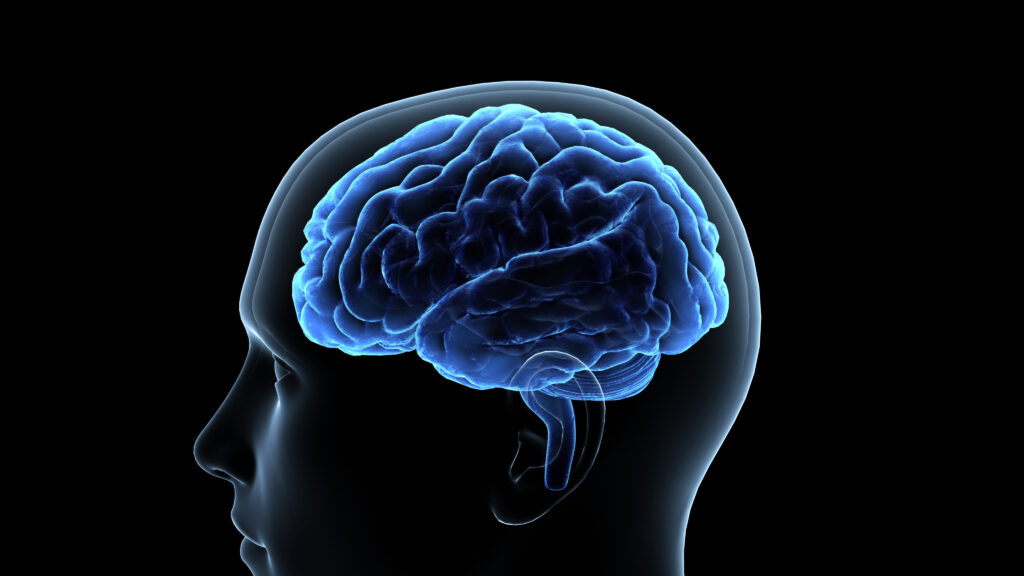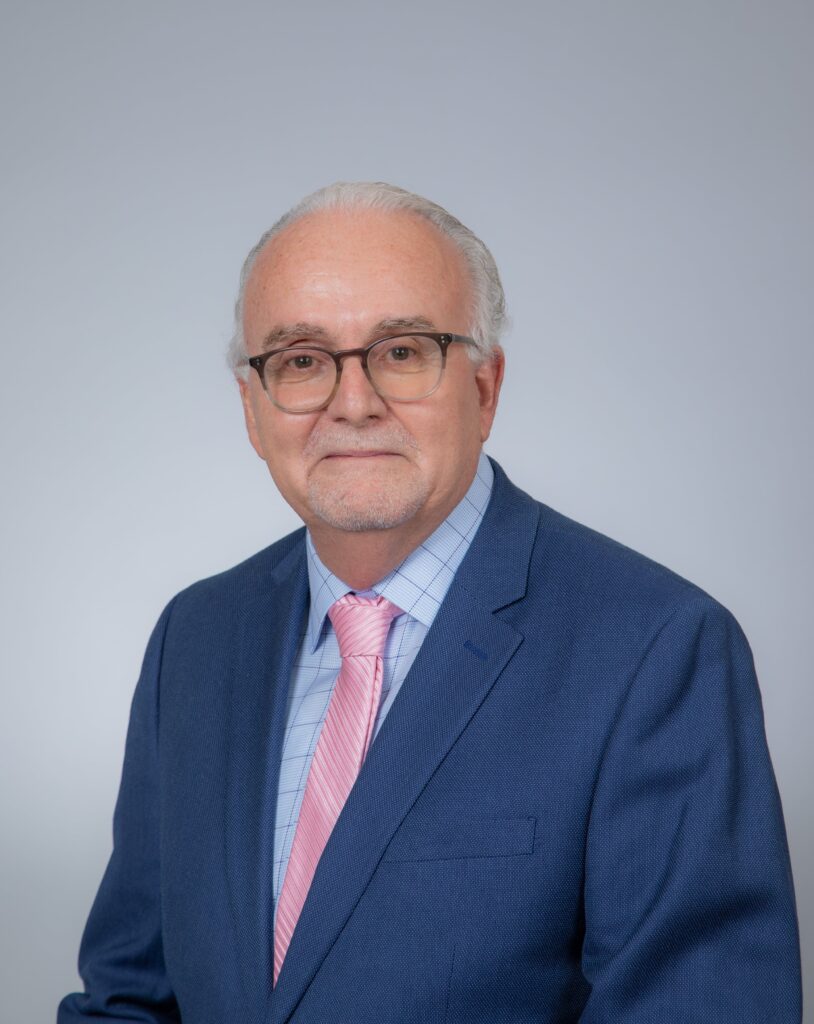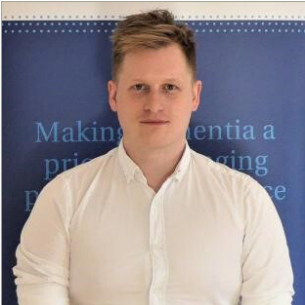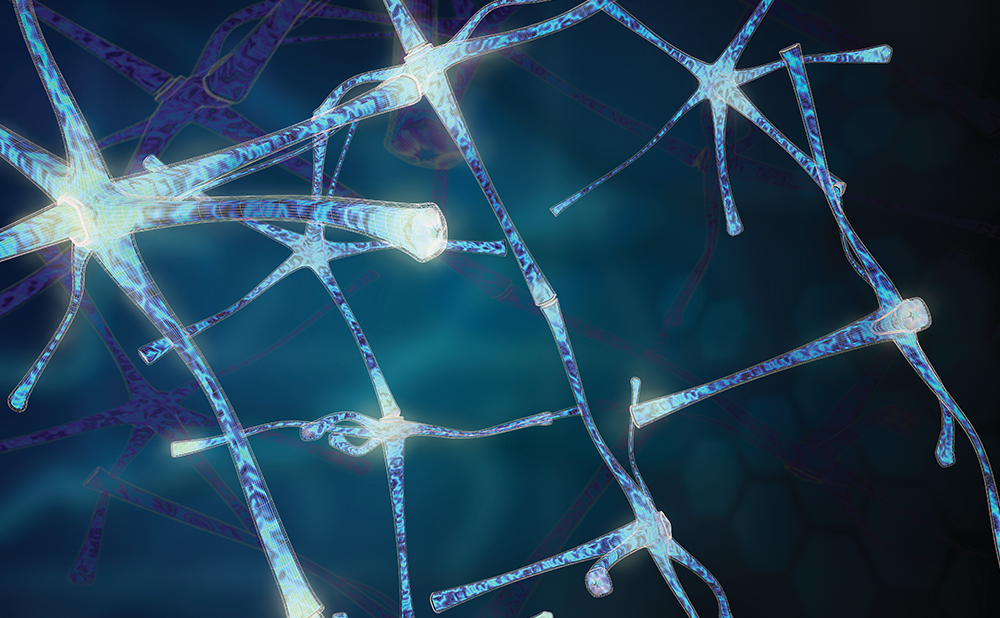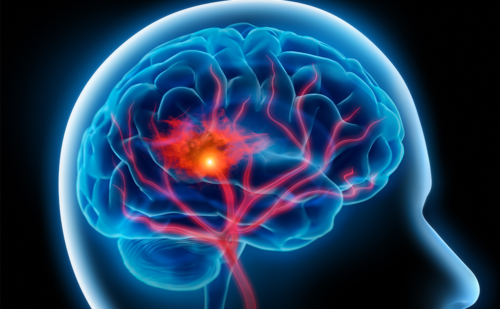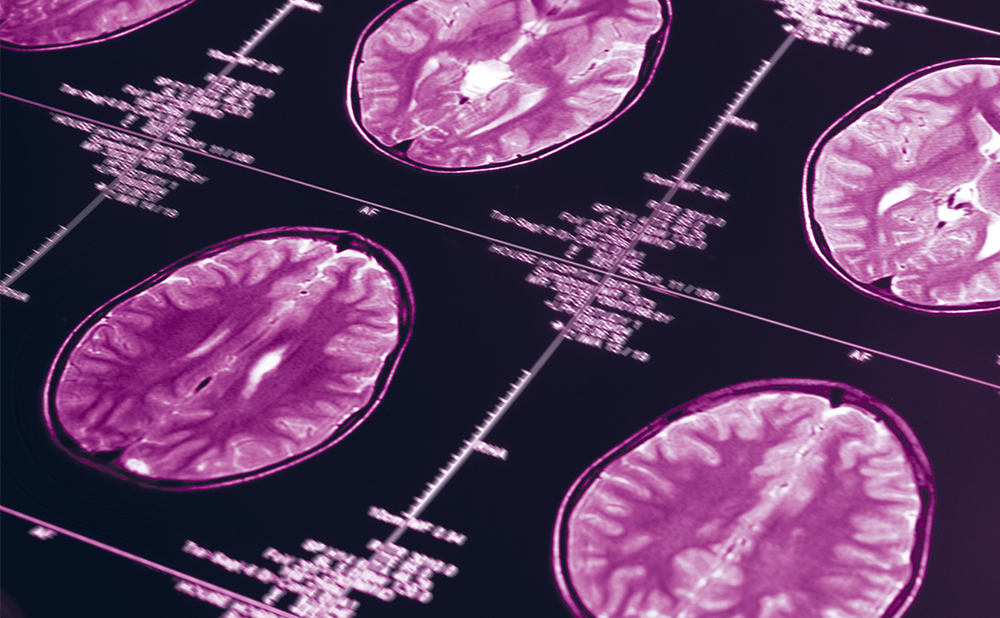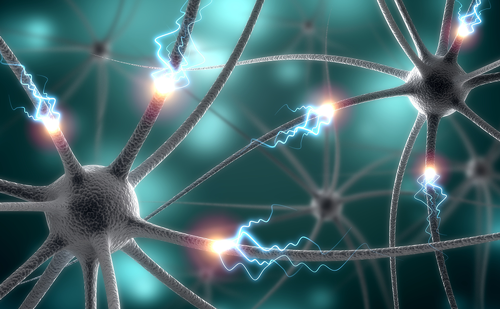Alzheimer Europe Demands Access to Drugs for Patients
Alzheimer Europe is calling for the National Institute of Health and Clinical Excellence (NICE) to revise its preliminary recommendations for the treatment of Alzheimer’s disease (AD) to allow patients at all stages of the illness to have access to drug treatments. The discriminatory nature of the current NICE recommendations effectively disbars English and Welsh people with AD from treatment options available under the national health systems of other European countries.
Alzheimer Europe Demands Access to Drugs for Patients
Alzheimer Europe is calling for the National Institute of Health and Clinical Excellence (NICE) to revise its preliminary recommendations for the treatment of Alzheimer’s disease (AD) to allow patients at all stages of the illness to have access to drug treatments. The discriminatory nature of the current NICE recommendations effectively disbars English and Welsh people with AD from treatment options available under the national health systems of other European countries.
Jean Georges, Executive Director of Alzheimer Europe, remarked: “Research indicates that the UK already lags behind comparable European countries in numbers of patients treated. The NICE recommendations would further exacerbate this difference. Access to treatment and services should not be dictated by geography alone.”
The association is demanding NICE to allow all AD patients to have access to acetylcholinesterase inhibitors in the early and moderate stages and meantine in the moderate to severe stages of the disease. ■
Glucosamine May Provide Relief for Multiple Sclerosis Sufferers
According to a new study published recently in the Journal of Immunology, glucosamine, an over-the-counter natural product often taken to ease joint pain from osteoarthritis, may counter multiple sclerosis (MS).
Abdolmohamad M Rostami, Professor and Chair of the Department of Neurology at Jefferson Medical College of Thomas Jefferson University and the Jefferson Hospital for Neuroscience in Philadelphia and colleagues used an animal model of MS and determined that the administration of glucosamine significantly prolonged the onset of the disease.
It was also just as effective when given early in the disease or when the animals became sick.
They examined the animals’ spinal cords and found less inflammation and demyelination in those that were given glucosamine. “As a therapy, it might be used in combination with other proven treatments, such as beta-interferon and copaxone,” says Dr Rostami. ■
Clinicians’ Guide to Parkinson’s Disease Launched
Worldwide Education and Awareness for Movement Disorders (WE MOVE™) has announced the launch of its PD Workbook: The WE MOVE Clinicians’ Guide to Parkinson’s Disease, a new self-study continuing medical education activity, created with general neurologists and primary care physicians in mind. The workbook is available in print and online versions and will provide physicians with two hours of the American Medical Association (AMA) Physician’s Recognition Award (PRA) Category 1 Credits™.
More than 50% of people living with Parkinson’s disease (PD) are managed by general neurologists or primary care physicians and not by a movement disorder specialist. Early and correct diagnosis leads to more appropriate medical management, including initiation of therapy at the right time and improved symptomatic management. The WE MOVE handbook includes practical recommendations, suggested answers to typical patient questions and useful assessment and evaluation tools to guide physicians through the diagnostic and management process.
The PD Workbook was developed by WE MOVE experts in collaboration with researchers from Duke University, Vanderbilt University School of Medicine, Parkinson’s Disease and Movement Disorders Center and San Francisco Veterans Affairs (VA) Medical Center.
Mark Stacy, Medical Director of the Duke University Parkinson’s Disease and Movement Disorders Center, is one of the experts who collaborated with WE MOVE to develop the literature. He remarked: “Individuals with Parkinson’s disease often experience symptoms for years before receiving a diagnosis.
However, a physician who is trained to observe and recognise these symptoms as suggestive of PD has the opportunity to not only make the diagnosis, but to offer informed early management and counselling. This is where the WE MOVE PD Workbook becomes a valuable tool.” ■
Local Research Networks Awarded
Two consortiums from the University College London Neurology Institute have been awarded local research network (LRN) status. Eileen Joyce and colleagues from the Institute’s Wellcome Department of Imaging Neuroscience have been successful in a bid to LRN of the UK Dementia and Neurodegenerative Diseases Research Network (DeNDRoN) and have received funding of £400,000 per annum from the UK Department of Health.
The second consortium led by Martin M Brown, Professor of Stroke Medicine in the Institute’s Department of Headache, Brain Injury & Rehabilitation and consultant at the National Hospital for Neurology and Neurosurgery, Queen Square, has been successful in a £1.2 million bid to the Department of Health to organise the Thames Stroke LRN. The aim of both networks is to facilitate the conduct of randomised prospective trials and other well-designed studies in their respective fields. ■
New Survey Highlights the Burden of Migraine
Results from a pan-European patient survey has revealed that one-half of all migraine sufferers feel socially isolated, guilty and dependent when they are incapacitated during a migraine attack.
The Migraine Experience survey analysed the impact of migraine on the lives of 2,061 sufferers from the UK, France, Spain, Italy, Germany, Switzerland, Sweden, Finland, Norway and Denmark. The results found that 69% of migraine sufferers say that the condition makes them feel left out of everyday life and 50% said that their migraine makes them feel miserable, helpless, frustrated, stressed and defeated. Almost 25% of those surveyed felt their career progression had been affected by their condition.
Ann Turner, Director of the Migraine Action Association in the UK, says: “These results highlight the considerable lack of understanding the general public have about migraine. It is imperative that we continue to increase awareness, so that people with the condition are no longer isolated in society and are able to enjoy an improved quality of life instead of suffering in silence.”
Although progress has been made in the management of migraine, and new treatments are now available, many patients still feel that their migraine is not effectively managed and that there remains a substantial need for a better public and professional understanding of the condition. The survey supports this, as 69% were interested in a daily preventative medication to stop migraine attacks from occurring. ■
Sharp Increase in Dementia Prevalence Predicted
The increasing global prevalence of dementia has been highlighted in a report produced for Alzheimer’s Disease International. Researchers led by Dr Cleusa Ferri and Professor Martin Prince from the Institute of Psychiatry, King’s College, London, found that the current estimate for the number of people with dementia in the world stands at 24.3 million, with an estimated 4.6 million new cases every year or one new case every seven seconds.
A huge increase in the number of people with dementia is predicted in the coming years, with figures practically quadrupling within 40 years. By 2020, for example, prevalence is estimated to have risen to 42.3 million and by 2040, it is estimated that there will be 81.1 million people with dementia in the world. These increases are due to affect developing countries most severely. Although a 100% increase is predicted in developed countries between 2001 to 2040, the number of dementia cases in India and China is likely to triple during the same period, and in Latin America and Africa the number will double in some areas and triple in others. ■


